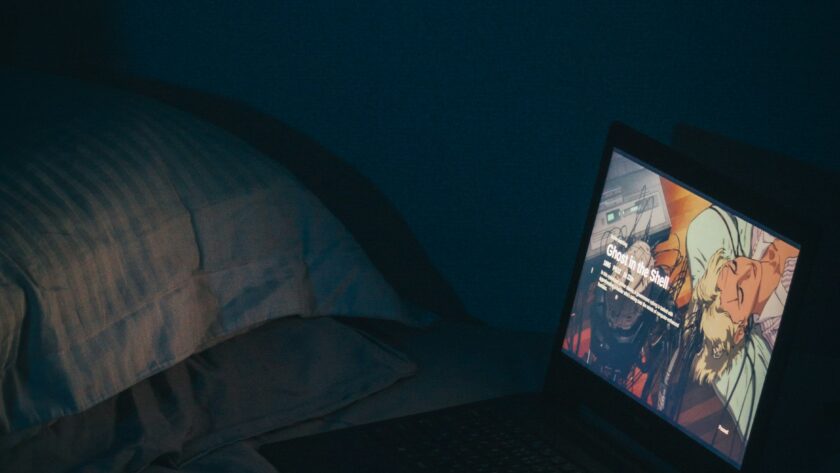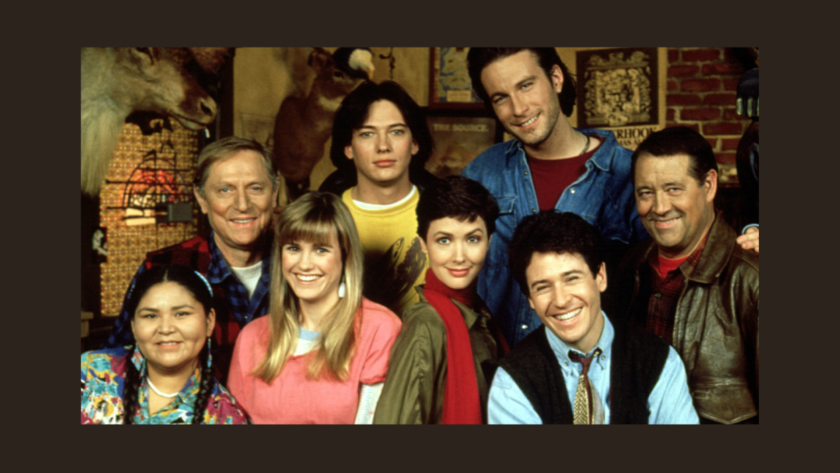I fell into accounts more or less by accident when I took a student job many years ago in an accounts department and worked as a part time accounts assistant. After I finished my studies I stayed in Accounts – partly because it felt familiar and partly because I was still figuring out what else I wanted to do in life. I eventually trained and became a certified accountant. I also have a degree in drama and worked for a few years – not very successfully – as an actor (always having to do accountancy on the side to support my struggling finances!). At some point I started wondering if it would be possible for me to combine my passion for theatre and film with my ‘day job’ accountancy and work as an accountant but in the film industry. I started researching and came across this position of ‘production accountant’ (who apparently has a lot of ‘assistants’, which seemed a strange concept at the time). I researched more what the job would involve and instantly knew that this is what I wanted to do going forward. The question was how?
At the time I started out, there weren’t that many training courses around and the opportunities to enter the industry were somewhat limited. It took me a good few months of researching the options that were out there. In the end I decided to go for a part time diploma course in production accounting at one of the film schools, led by Lucy Drake. The course was great as it offered the invaluable technical training in the various areas of production accounting (AP/petty cash/payroll) but also gave you an insight into the role of the production accountant. We learned things like how budgets are put together, setting up systems and cost reporting.
First role
One requirement of this course was that you had to complete a short placement for a couple of weeks on a production. I got on really well with the Financial Controller on my placement and ended up staying on this production until the end of the shoot. I had my first job in production accounts!
What struck me most on my first job was the differences in culture. Coming from quite a corporate background to working in a place where people wear shorts in the office rather than suits was a bit of a ‘culture shock’ to me (one I got over very quickly though).
What to expect when starting out
If you’re serious about entering the industry, be realistic: This industry is by no means an easy one to navigate. It’s hard work, long hours and not always as glamorous as it sounds. It will test you at times both physically and emotionally…BUT: it’s also a lot of fun. If you thrive off fast-paced environments this can be inspiring and very rewarding. You’re part of something magical…and it’s definitely much more fun than working in an accounts department in a furniture store or the local council!
I cannot stress enough how important ‘people management’ skills are. This industry is full of creative people, who aren’t necessarily financially minded. A fair number of crew members don’t understand how the finances work – some through lack of knowledge, others don’t think that accounts is a particularly important subject. Anyway, you’ll come across a variety of people and being able to talk to different people at different levels and make them understand what you need from them – ‘manage’ them – is half the battle. So if you have a knack for numbers and are also good with people you’re in the right place.
Try and talk to other departments and learn as much as you can how they work – look beyond invoices and POs. The most successful assistants and production accountants in my humble opinion are the ones who see the bigger picture and really understand how a film set works, what each department does and how they interlink. It’s also important to understand the overall life cycle of a production – what happens before production starts in the ‘development’ phase, and what happens after production finishes?
Network as much as possible (meet your future employers). Be kind and respectful.



